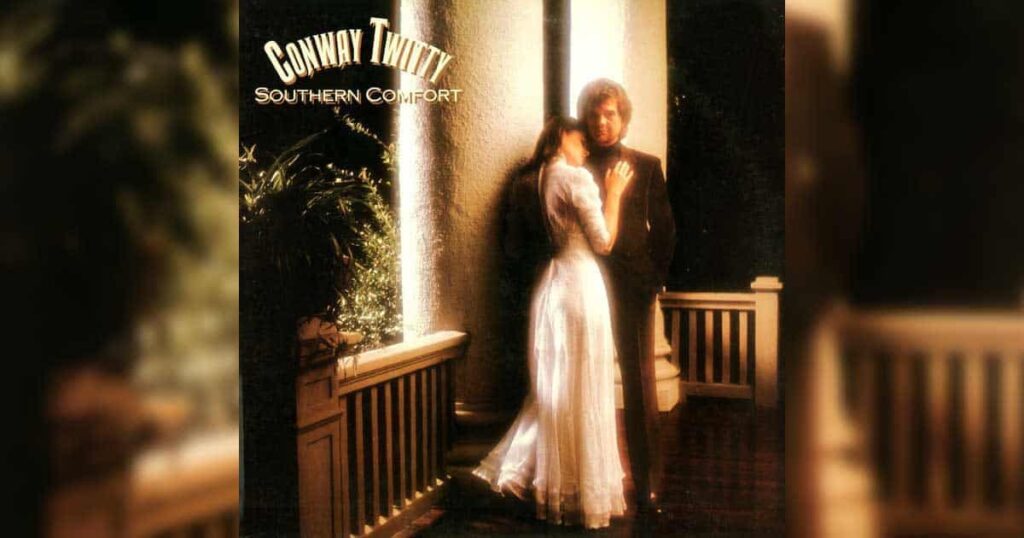
When Country Found Its Soft Touch: Conway Twitty’s Unforgettable Take on Slow Hand
When Conway Twitty released his version of “Slow Hand” in 1982, he wasn’t just covering a pop hit—he was transforming it into a country classic. Originally recorded by the Pointer Sisters in 1981, the song had already enjoyed success on the pop charts, reaching No. 2 on the Billboard Hot 100. But it was Twitty’s velvet-smooth baritone and his gift for translating pop sensibilities into country soul that brought the song home to rural America. His rendition climbed all the way to No. 1 on the Billboard Hot Country Singles chart, marking yet another milestone in a career that produced more No. 1 country hits than any other male artist of his time.
The genius of Twitty’s “Slow Hand” lies in its delivery. Where the Pointer Sisters’ version carried a sultry, soulful energy, Twitty approached the song with the measured warmth of a seasoned storyteller. His voice didn’t rush, didn’t push—it lingered, drawing listeners into every phrase. The lyrics themselves, a gentle plea for a lover who takes their time, seemed tailor-made for Twitty’s style. His reputation had long been tied to ballads of love and desire, songs that spoke to the heart without ever losing their subtle edge of sensuality. With “Slow Hand”, he found the perfect vehicle to reaffirm that reputation.
For many who grew up in the early ’80s, hearing Twitty’s version of the song was like a revelation. It came during a period when country music was embracing smoother, crossover-friendly sounds, bridging honky-tonk roots with pop polish. Twitty, who had begun his career in the 1950s as a rock ’n’ roll crooner before fully dedicating himself to country, understood that balance better than most. He made “Slow Hand” not just a cover, but an intimate confession, one that felt equally at home on a jukebox in a Nashville bar as it did on a living room record player.
The song’s meaning is as timeless as its melody. It’s about intimacy built on patience, about the power of slowing down in a world that often moves too fast. For older listeners, especially, it may stir memories of dances where the lights dimmed low, of moments when love wasn’t about urgency but about presence. Twitty’s rendition reminded us that romance was as much about stillness as it was about passion.
Looking back, “Slow Hand” stands as one of Twitty’s most memorable crossover triumphs. It wasn’t just a chart success; it was a cultural bridge. He took a contemporary pop song and, through sheer artistry, molded it into a country ballad that carried the weight of tradition while embracing modern sensibilities. In doing so, he proved once again why he was called the “High Priest of Country Music.”
Decades later, “Slow Hand” continues to play softly in the background of memory—a reminder of Twitty’s unmatched ability to sing about love in ways that felt both deeply personal and universally true.